Fever, weakness for no apparent reason? This might be the cause...
Pollution is becoming a significant problem in certain areas of the United States. Although the pollution level in not in the hazardous zone, in several places , it is reaching the unhealthy zone.
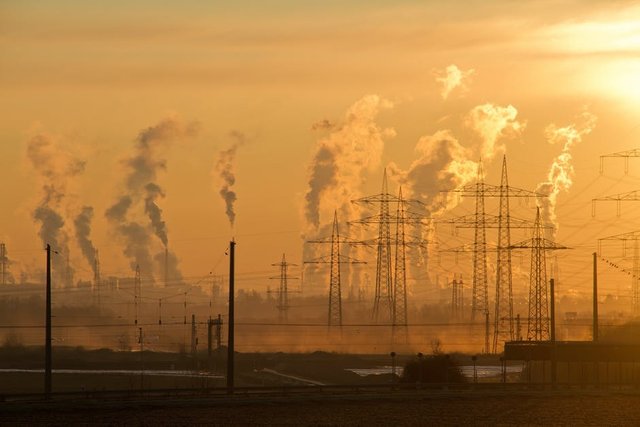
**Pollution is measure by means of “AQI,” which is the “Air Quality Index.” **
The Air Quality Index is measured from 0 to 500, with the higher the number, the more dangerous the air quality is. If this AQI reaches 300, severe consequences may be seen. AQI is determined by four major pollutants: ground level ozone, particle pollution, carbon monoxide, and sulfur dioxide. These four major pollutants are regulated by the Clean Air Act and EPA (the Environmental Protection Agency) is in the process of determining for nitrogen dioxide the air quality standard.
AQI is categorized into 6 categories of health concern: 0-50, 51-100, 101-150, 151-200, 201-300, and 301-500.
An AQI score of 0-50 is known as “good” and is identified by the color green. This category is the safest category showing little or no health risk.
An AQI score of 51-100 is known as “moderate” and is identified by the color yellow. Most people do not have any health risks in this category unless they are very sensitive to particle pollution or ozone.
If the AQI is in the category 101-150, it is known as “unhealthy for sensitive groups” and is identified by orange. People who are sensitive will show health effects, but people are not sensitive have little or no health effects.
When the AQI is 151-200, it is known as “unhealthy” and classified by red. If the AQI is this high, then health risks will start to be seen in all people, and sensitive people will have higher health effects.
Once the AQI hits 201-300, it is known as “very unhealthy” and identified by the color purple. This means the health effects are now serious for all people, and a health alert will be released.
Lastly, if the AQI reaches 301 to 500, it is known as “hazardous” and identified by maroon. At this stage, emergency conditions will occur and detrimental health effects will be seen in the population as a whole.
In order to understand pollution, understanding ozone is vital. When we breathe, that air contains a gas called ozone, and that ozone can be classified into either good ozone or bad ozone. In the Earth’s upper atmosphere, good ozone is found, approximately 6 to 30 miles above Earth’s surface. This ozone is good because it naturally protects us from detrimental ultraviolet rays released by the sun. The other type of zone, bad ozone, is a major concern because it is released by pollutants near Earth’s surface reacting chemically by the sun’s light. These pollutants are released by carriers such as cars, power plants, chemical plants, industrial boilers, and refineries.
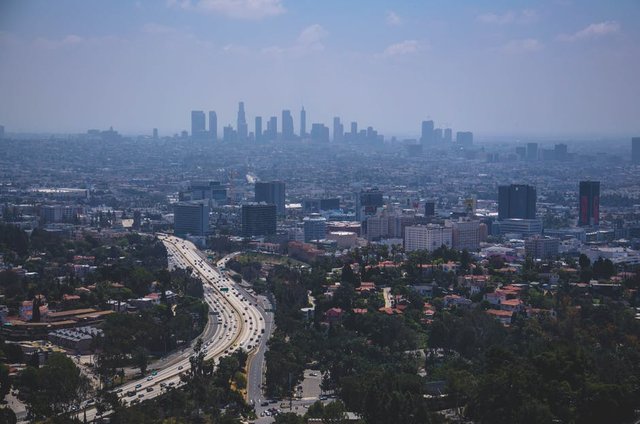
It is typically accepted that an AQI of 100 or lower is generally safe.
A city that has a larger population will often has and AQI exceeding 100 more often than smaller cities. Ozone levels change; it is a common occurrence for them to peak during the afternoon to early evening. In the warmer months, ozone is often higher because ozone formation is increased by heat and sunlight.
During the winter, car emission control systems have a more difficult time operating in the cold weather, causing carbon monoxide to be higher. Carbon Monoxide and particle pollution may also be increased during morning or evening hours due to rush hours and near busy roadways.
Most of California is at “moderate” pollution level, but pollution is a constant problem that is getting worse, and there are certain areas that “unhealthy” zone, in California alone. In South Central LA, the AQI is 59 and Southeast LA, it is at 53. On the contrary, Lake Elsinore has an “unhealthy” AQI at 161 and San Bernardino is a significant concern, with the AQI varying from 132 (San Bernardino Zone 2), to “unhealthy” at San Bernardino Zone 1, to “very unhealthy” at San Bernardino Zone M. This can be attributed to wildfires occurring around the San Bernardino, but the health risks are still very concerning.
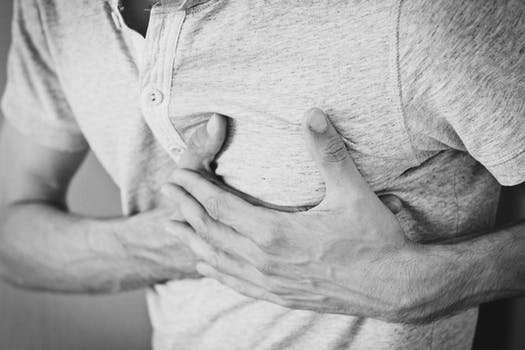
There is only one earth, and as such, it our responsibility to take care of it.The health effects of pollution are no joke, and for sensitive people such as people with asthma, heart disease, and older people, along with people who are active outside, the change in pollution levels can be even more dangerous.
How do you feel that the United States is doing in regards to pollution? Do you have advice on what can be done to lessen pollution and the bad ozone? Would this cause you to take pollution into consideration when relocating cities or going on an extended vacation? Let us know your thoughts and opinions!

SEE MORE HERE:
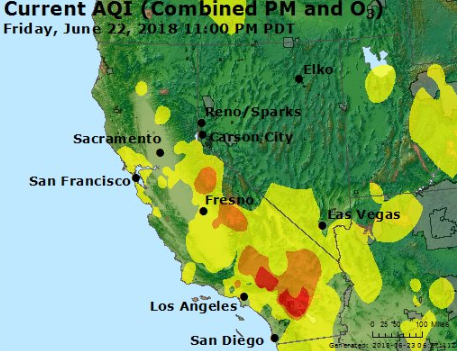
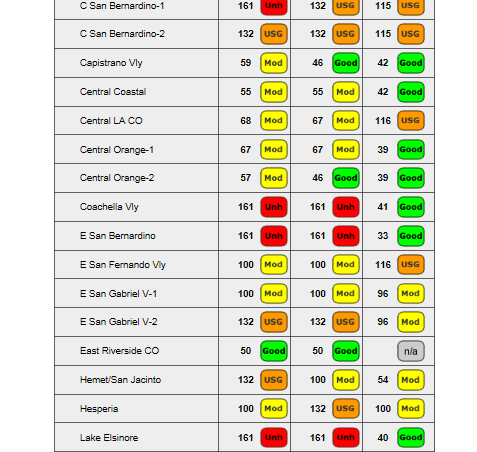
Great article once again!
Pollution is indeed a growing problem!
Something needs to be done!
True!
Should be a community effort
Please upvote: https://steemit.com/free/@bible.com/4qcr2i